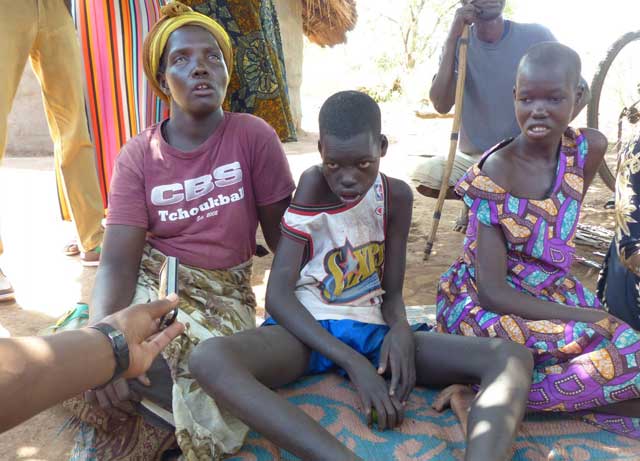
Kitgum, Uganda | THE INDEPENDENT | At least some 2,076 people in Kitgum district are suffering from epilepsy, a neurological disorder characterized by recurrent epileptic seizures.
The figure compiled since 2012 to 2019 indicates the disease burden is high among rural communities of Labongo Amida and Labongo Akwang sub-counties.
Barbra Rose Olum, the in-charge of Mental Health Department at Kitgum General Hospital, says that the high numbers of epileptic patients in the district is worrying.
She says majority of those experiencing recurrent seizures as a result of inadequate treatment coupled with poor feeding and care have become less productive in the society because of their mental retardation.
Olum points out that girls who are suffering from the condition in the rural communities remains vulnerable to unwanted pregnancy and sexually transmitted diseases as a result of rape by relatives and unknown people.
According to Olum, the facility has registered three more new cases of epilepsy among three male children aged five years last month, raising more worries of the underlying causes of the disease in the area.
She, however, says they lack the adequate manpower to handle the high numbers of the epileptic patients who are mostly in and out of the facility due to recurrent epileptic seizures.
There are currently only four health workers at the mental health facility who mostly tend to epileptic patients.
A total of 544 patients recovering from nodding syndrome who are now experiencing recurrent seizures are also receiving treatment from the same facility according to Olum.
Nodding Syndrome is a mentally and physically disabling disease that affects children, between the ages of 5 and 15.
The mental health department at the hospital had been receiving funds from the ministry of health and Office of the Prime Minister to support feeding and outreach activities for some of the patients on treatment within the hard to reach areas.
Olum, however, says the fund which is crucial towards supporting their work has not been sent since last year, raising fears that some of those who were already regaining could retard.
Despite awareness campaigns government and stakeholders are promoting about epilepsy not being a mental disorder, many parents in Kitgum district still face hardship and stigma raising children afflicted by the disease.
For 60-year-old Margaret Abwono, a resident of Lagaya west in Labongo Amida Sub County, taking care of her now 20-year-old granddaughter suffering from epilepsy has been her greatest nightmare for the past five years.
Abwono says she hardly earns enough money to take care of herself yet she is expected to feed her granddaughter three times a day because of the strong medicines she uses for taming her mood and avoiding convulsion.
She is, however, grateful that the Mental Health Department at Kitgum general hospital have been supportive with free medication for the patient and counselling her to cope with her granddaughter’s health situation.
Estherina Aryemo, another parent whose 19-year-old-son is also suffering from epilepsy reveals that teachers rejected him while in primary two, shortly after he started showing signs of mental retardation.
Aryemo says her son’s health condition which started in 2012 has prevented her from doing anything productive because she constantly keeps watch of him to avoid drowning or falling in fire.
The cause of epilepsy is still unknown in about 50% of cases globally according to World Health Organization-WHO.
********
URN
 The Independent Uganda: You get the Truth we Pay the Price
The Independent Uganda: You get the Truth we Pay the Price

